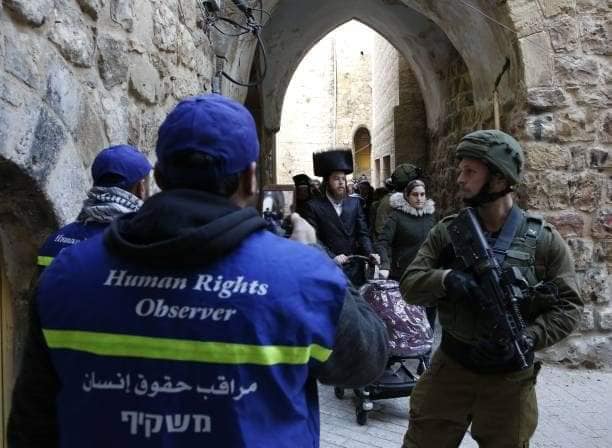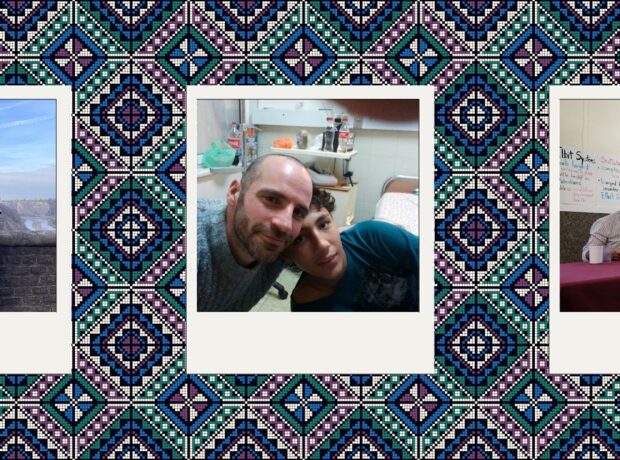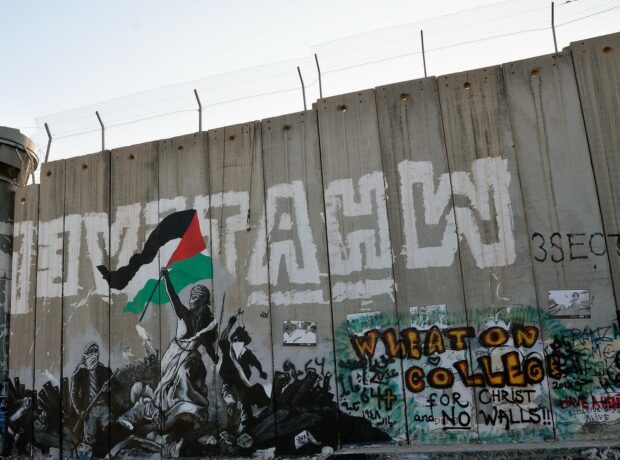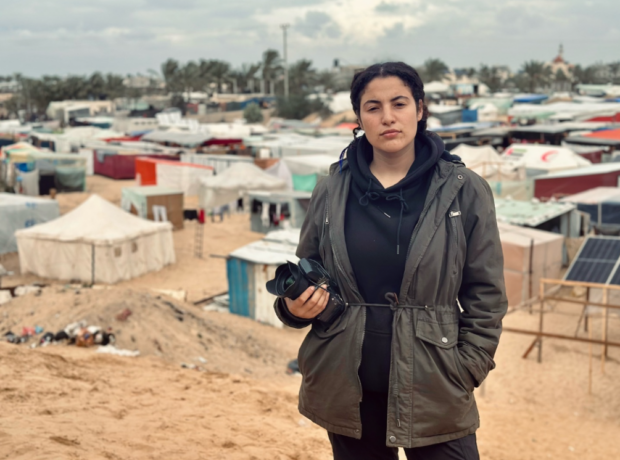International observers have recorded tens of thousands of human rights violations against Palestinians in Hebron over the last 20 years. But Israel’s decision to eject them has left Palestinians fearing for their future.
Twenty five years ago a physician named Baruch Goldstein opened fire on Muslim worshippers praying at the Ibrahimi Mosque in central Hebron, West Bank.
It was hard to document the ensuing pandemonium. Some said that Israeli soldiers opened fire on worshippers fleeing the mosque, others that Goldstein had an accomplice.
One thing was certain– something hideous had come to Hebron, and left 29 innocents dead in its wake.
Israeli settlements are a regular sight in the West Bank, heavily guarded and placed around Palestinian cities. But Hebron is different. Here, Israeli settlements don’t just surround the city – they inhabit its heart. The importance of Abraham in the Jewish faith has meant that Hebron has had a Jewish population for years.
Read more: Swimming pools built from the rubble of war in Gaza
In 1997, partly in response to the Goldstein massacre, it was agreed to divide the city into two parts – H1 and H2. Today, despite being home to some 30,000 Palestinians and just 700 or so Israeli settlers, H2 is under full Israeli military control.
You used to be able to see bullet holes,” said Mutasem, tracing his fingers across the back wall of the Ibrahimi Mosque, “Here and here”.
Two years ago, Mutasem, a recent high school graduate, had offered me a tour of Hebron on my first visit to the city. The Cave of the Patriarchs, home to the tomb of Abraham and an adjoining Synagogue and Mosque, was to be the highlight. But Abraham is not the only reason why this place has huge significance for Mutasem.
In 1994, his uncle was one of the 29 Palestinians killed here. For his family, he said, life was never the same again.
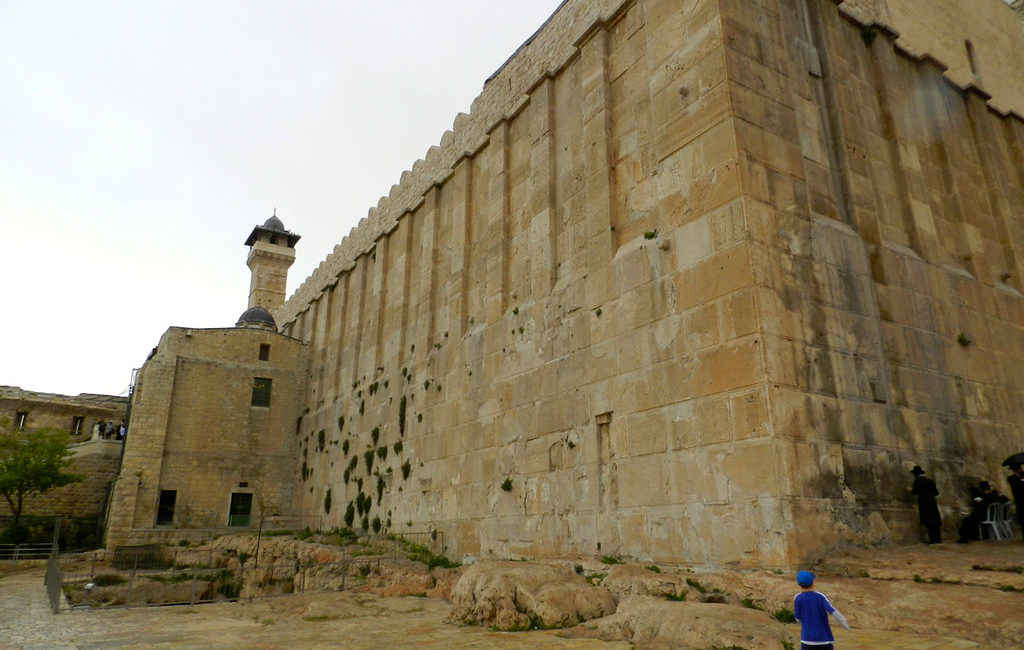
Hebron’s Ibrahimi Mosque – by Zach Maddox.
As part of the 1997 agreement, it was decided to establish the Temporary International Presence in Hebron (TIPH), an international force that would encourage peace between the two communities, observe and report human rights violations and, ultimately, prevent an atrocity like the Goldstein massacre from ever happening again.
But earlier this year, despite Hebron being as volatile as ever, Israeli Prime Minister Benjamin Netanyahu decided to expel the organisation from the city, saying that he would “not allow the continued presence of an International force that acts against us”.
“It’s not a joke,” says Mutasem, outraged at the decision “settlers here still love Goldstein”. Could a massacre happen again? He’s deadly serious in his response: “Yes. Yes it could.”
*****
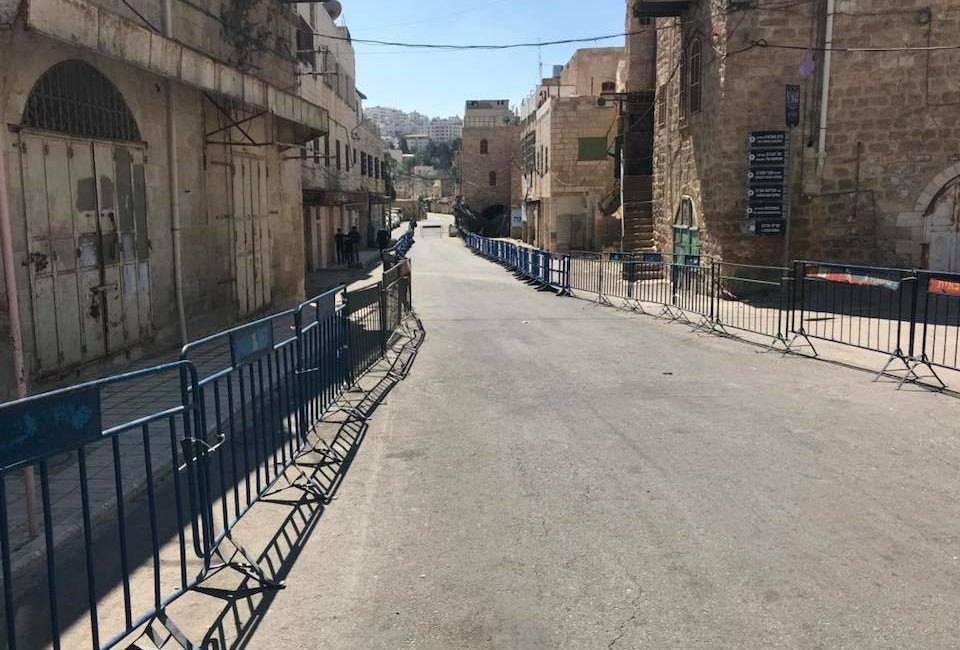
Hebron’s Al-Shuhada Street has been a ghost town since the 1994 massacre – by Youth Against Settlements.
Al–Shuhada Street used to be a bustling, noisy thoroughfare lined with Palestinian shops filled with customers. Now, it’s a ghost town. After the massacre, Israeli authorities shut all of the shops, and closed the area to all but those who lived there. It’s silent.
Palestinian homes are daubed with the star of David and racist graffiti. Apart from the occasional settler, strolling around with a machine gun, it’s empty. Palestinian residents peek out from behind the metal grilles affixed to the fronts of their windows.
“There has been no international intervention,” says Issar Amoro, a Shuhada Street-based activist. “There has been no effort to hold Israel to account.”
VIDEO: The small Palestinian ‘rubber tyre school’ defying demolition orders
For Issar, the presence of international observers was a source of comfort in a place where Palestinians are regularly detained by soldiers and abused by settlers. Since its ratification, the TIPH has recorded over 40,000 instances of human rights violations against Palestinians in Hebron. Faced with allegations of corruption, by removing the organisation Netanyahu will be trying to shore up support from his nationalist supporters, who have long seen TIPH as biased encroachments on Israeli sovereignty.
Such political grandstanding is of little comfort to fathers like Muhammed, whose children relied on international protection to get to school.
“The decision took everyone by surprise,” he says anxiously. “It was a victory for the settlers… they have campaigned for the removal of TIPH.”
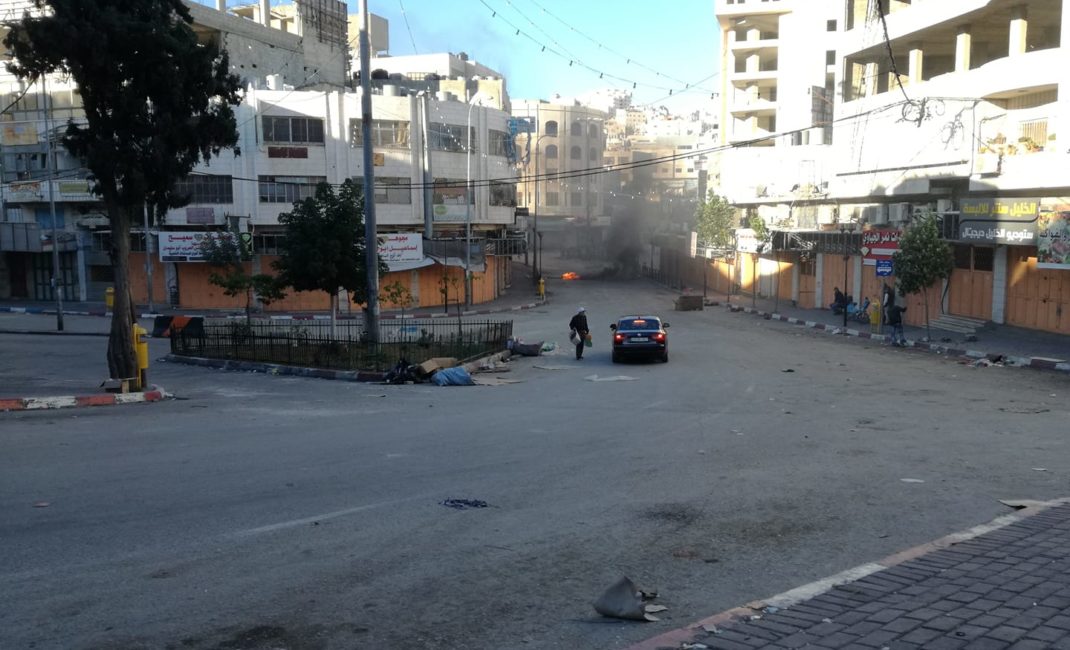
A street in downtown Hebron after violence – by Youth Against Settlements.
He’s referring to a video that surfaced online, in which an alleged TIPH observer is seen to slash the tyres of an Israeli car. Undoubtedly this has damaged the organisation’s impartiality. But for activists like Issar, its removal will have lasting, serious effects on Palestinian security.
In response, he and other Palestinian friends set up their own group that now patrols the Shuhada Street area, documenting human rights violations. But it’s not enough. “We can’t replace TIPH,” he admits, after the force’s first outing saw them verbally and physically attacked by settlers. Issar says this made it “impossible to document violations”.
The expulsion of international observers from Hebron is only the latest in a series of damaging events over the last 18 months. The decision to move the US embassy to Jerusalem, the passing of Israel’s nation state law last summer, and increased violence on the Gaza border suggest this conflict is intensifying.
With a UN resolution intended to express “regret” at this decision vetoed by the US, and increased confusion in Britain about how to correctly talk about Israel in the wake of the anti-Semitism scandal engulfing the Labour party, it’s hard to be optimistic about the Palestinian situation.
But on ghostly Shuhada Street, this is only the latest blow in a seemingly intractable conflict, a backwards step in constant struggle. Defeat is not a word that people here recognise.
“Hope is our only weapon,” says Issar, shortly before leaving to document more violations. “Hope is all we have.”
*Lacuna contacted Israel’s Government Press Office offering a right of reply but received no response.
Main image by Youth Against Settlements.
- For more from Palestine read Laila Sumpton’s Poems for Palestine and Michaela Whitten’s journal from Bethlehem.
